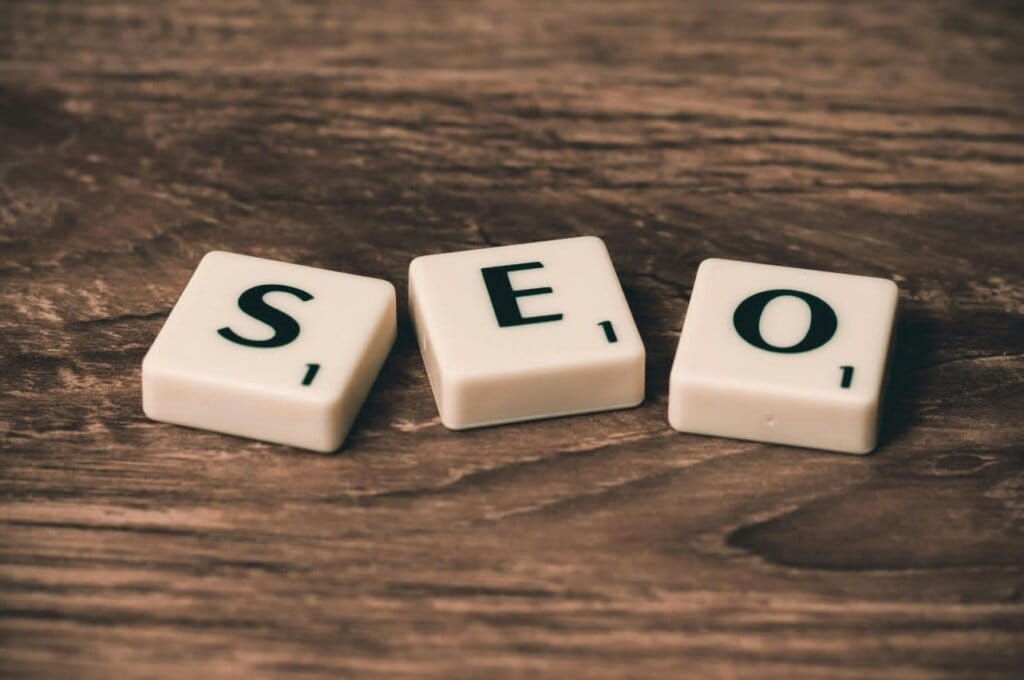In the 21st century, digital marketing has emerged as one of the most powerful tools for businesses to reach and engage their target audiences. From social media platforms to email campaigns, search engines to content marketing, digital marketing encompasses a wide range of strategies that have revolutionized the way companies promote their products and services. This article delves into the significance, evolution, strategies, and future trends of digital marketing.
What is Digital Marketing?
Digital marketing is the practice of promoting and advertising goods and services through the use of digital platforms, digital technology, and the internet. Digital marketing employs internet resources including websites, social media, email, search engines, and mobile apps to contact potential customers, in contrast to traditional marketing, which depends on print ads, TV commercials, and radio broadcasts. Connecting companies with their target audience, fostering meaningful connections, and eventually turning prospects into devoted customers are the objectives of digital marketing. Compared to conventional approaches, it is more economical, effective, and customized, enabling companies to monitor their success in real time and modify their plans as necessary.
Key Components of Digital Marketing
- Optimization for search engines (SEO) Search engine optimization (SEO) is the process of making a website more search engine friendly. In order to increase a website’s exposure on search engines like Google, both on-page and off-page tactics are used. Businesses can improve organic traffic by using the proper keywords, generating backlinks, creating high-quality content, and enhancing website structure. SEO is essential to making sure that businesses can be found online, as billions of searches are made every day.
- Marketing Content To draw in, educate, and keep an audience, content marketers focus on producing interesting and useful information. This can come in a variety of formats, such as social media posts, podcasts, videos, infographics, and blog entries. In a particular business or specialty, establishing authority and trust is the main objective of content marketing. Businesses may build enduring relationships with their audience by producing content that is relevant, helpful, and educational. This can eventually result in conversions.
- Promotion on Social Media TikTok, Facebook, Instagram, Twitter, LinkedIn, and other social media platforms give businesses a new way to interact with customers. Creating and disseminating content on social media platforms is part of social media marketing, as are paid advertising campaigns aimed at raising sales, website traffic, and brand exposure. Customer service, feedback, and brand loyalty are all made possible by social media, which enables a direct and interactive contact with customers.
- Marketing with Email Email marketing continues to be one of the best strategies for cultivating relationships with both current and new clients. Businesses can advertise exclusive deals, promote useful information, and promote repeat business with carefully thought-out email campaigns. Email marketing relies heavily on personalization since users are more likely to respond favorably to messages that are customized according to their interests and behavior. Businesses may improve the efficacy of their email initiatives by tracking conversions, click-through rates, and open rates.
- Pay-Per-Click (PPC) Marketing PPC advertising enables companies to display advertisements on search engines, social media sites, and various other websites. The key feature of PPC is that companies are charged only when an individual clicks on the advertisement, thus the term “pay-per-click.” Google Ads and Facebook Ads rank among the most well-known platforms for PPC campaigns. PPC can provide instant outcomes, making it perfect for companies aiming to boost traffic rapidly. Nevertheless, it necessitates precise budgeting and targeting to guarantee that advertising expenditure is utilized effectively.
- Influencer marketing The emergence of social media influencers has opened a new pathway for companies to connect with their desired audience. Influencers—people with substantial, active audiences on platforms such as Instagram, YouTube, and TikTok—can assist brands in advertising their products or services via sponsored posts.Influencer marketing works well as it utilizes the trust and connection influencers maintain with their audience. This marketing approach can be particularly advantageous for companies aiming to reach niche markets or younger demographics.
- Affiliate marketing Affiliate marketing entails collaborating with people or groups (affiliates) who market a company’s goods in return for a cut of the sales. Businesses can use the affiliate’s audience to increase their reach with this performance-based marketing approach. Affiliates can help firms reach new client segments without having to make a sizable upfront expenditure by promoting products on websites, blogs, or social media platforms.
Importance of Data and Analytics
Data collection and analysis capabilities are among digital marketing’s most important benefits. Digital marketing initiatives produce a multitude of data that companies can utilize to monitor user activity, evaluate effectiveness, and improve tactics. Numerous tools, including email marketing platforms, social media insights, and Google Analytics, offer comprehensive information on important metrics like website traffic, engagement rates, conversion rates, and customer demographics. Businesses may improve targeting, hone their marketing campaigns, and make wise decisions by evaluating this data. By optimizing campaigns for better outcomes, this data-driven approach helps firms make sure that every marketing dollar spent yields the maximum return on investment (ROI).

The Future of Digital Marketing
Digital marketing tactics will change in tandem with technology. Hyper-personalized marketing experiences are already being made possible by artificial intelligence (AI) and machine learning. Because they can instantly and automatically respond to customer inquiries, chatbots and virtual assistants are becoming more and more prevalent in customer support. Virtual reality (VR) and augmented reality (AR) are also starting to influence how companies interact with their clientele, especially in sectors like real estate and retail. Furthermore, the future of digital marketing is probably going to be impacted by the increased focus on privacy and data protection. Marketers will need to adjust to new rules and put transparency and trust first as a result of heightened scrutiny over how businesses gather and handle customer data.

Conclusion
Digital marketing is becoming a key component of business strategy, driving growth, brand exposure, and consumer interaction rather than being an add-on. Digital marketing gives firms the ability to analyze success, reach their target audience efficiently, and make real-time tactical adjustments thanks to its extensive array of tools and platforms. Businesses that keep up with the latest developments in the digital world and make the most of digital marketing will have the best chance of succeeding in the long run.









